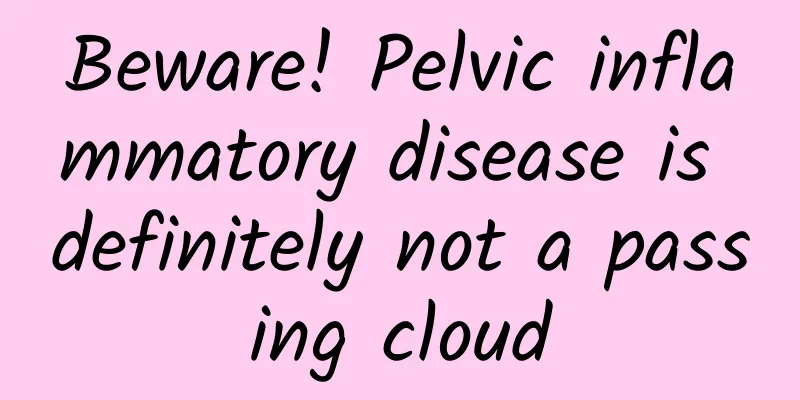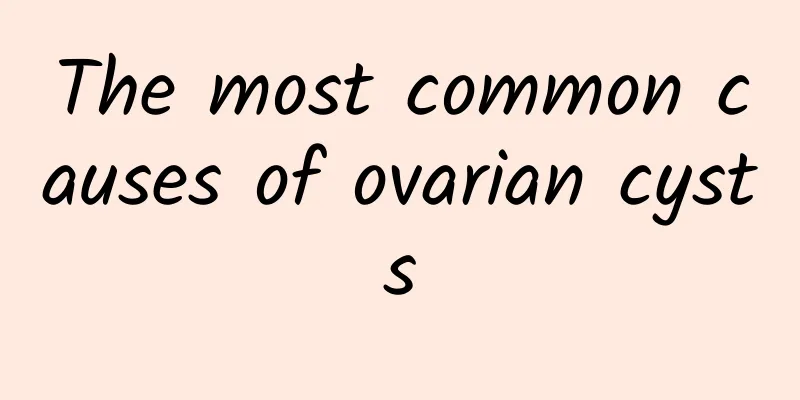What are the symptoms of intrauterine adhesions after cesarean section?

|
Intrauterine adhesions after a cesarean section may cause symptoms such as irregular menstruation, abdominal pain, and infertility. This condition is not uncommon in people who have undergone surgery, and it is important to recognize symptoms promptly because of the potential impact it may have on fertility. For women with mild symptoms, they can be managed with regular checkups or medication, while severe symptoms may require surgical intervention. 1. Irregular menstruation: After cesarean section, the healing of the uterine cavity may form adhesions, which hinder the normal shedding of the endometrium, resulting in reduced menstrual volume or irregular cycles. For patients with such symptoms, hormone drugs can be used under the guidance of a doctor to help regulate the menstrual cycle, while closely monitoring menstrual changes. 2. Abdominal pain: Due to the limited uterine expansion caused by intrauterine adhesions, women may feel lower abdominal pain during menstruation or in daily life. Patients can use nonsteroidal anti-inflammatory drugs (NASIDs) to relieve pain, but they must be used under the guidance of a professional doctor to avoid gastrointestinal side effects caused by long-term medication. 3. Infertility: Uterine adhesions may affect the normal implantation of the fertilized egg in the uterus, leading to infertility. For women who are planning to have children, hysteroscopy can be considered for treatment if necessary. The surgery involves loosening adhesions and eliminating fertility obstacles in the uterus. Although intrauterine adhesions after cesarean section may cause some distress and health problems, timely detection and standardized treatment can effectively improve symptoms and enable patients to resume healthy life. Those with severe symptoms should consult a professional gynecologist as soon as possible to obtain an accurate diagnosis and appropriate treatment plan to ensure physical health and fertility. Regular physical examinations and monitoring of medical conditions are important means to maintain health. |
<<: Is cervical hypertrophy harmful to middle-aged women?
>>: Can cervicitis be detected?
Recommend
How to prevent irregular menstruation in women?
If women do not take appropriate care and nursing...
Cost of recovery from threatened abortion
Every family hopes that the child can be born smo...
What are the symptoms of polycystic ovary
Polycystic ovary is becoming more and more common...
How to care after surgery for chronic pelvic inflammatory disease
Many women suffer from pelvic inflammatory diseas...
How to care for vulvar itching
Vulvar itching is a problem that troubles many wo...
Want to regain your metabolic flexibility? Reduce exposure to toxins in your daily diet and make good use of the 3 steps of ketogenic fasting
Now that you understand why you should restore yo...
Endometrial repair method helps stop bleeding in anovulatory functional bleeding
Xiaoyun has always had irregular menstruation in ...
What are the symptoms of an incomplete abortion? 5 signs of a clean abortion
Many women will go to the hospital for curettage ...
The cause of pelvic inflammatory disease is related to direct spread
Pelvic inflammatory disease is a relatively commo...
You can also get a six-pack while watching TV series at home! Learn these 3 tips to exercise without going out
During holidays, many people don’t want to go out...
Specific nursing measures for patients with daily vaginitis
Many people do not understand the care of vaginit...
Menopause physical therapy price
The cost of menopause treatment is of concern to ...
What to do if your period is delayed
What should I do if my menstruation is delayed? D...
Common home care for patients with threatened abortion
Common home care for patients with threatened mis...
What to do if a 33-year-old woman has premature ovarian failure
What should a 33-year-old woman do if she has pre...









